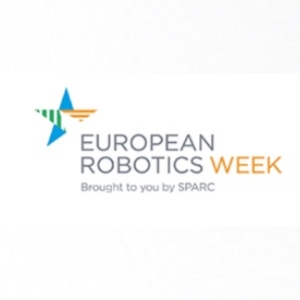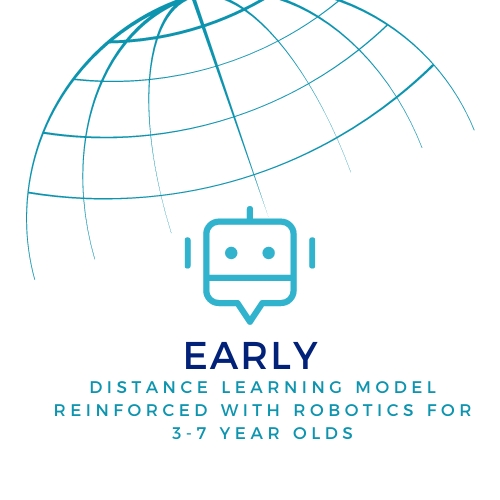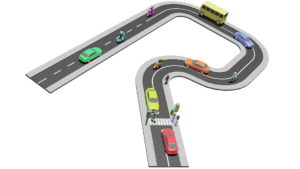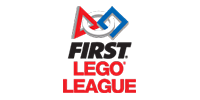
See you in Zaragoza for the European Robotics Week 2024
The European Robotics Week (ERW) will take place from 15 to 24 November 2024. Start now to imagine your events so that they are visible

Scuola di Robotica is a partner in the Erasmus plus project Distance Learning Model Reinforced with Robotics dedicated to developing manuals and materials for the distance education of 3-7 year old children.
The project is co-funded by the Erasmus plus Programme, Higher Education. The Coordinator is Kokaeli University, Turkey. The other partners are, in addition to the School of Robotics, the University of Latvia in Riga; KOU, one of Turkey’s leading science and education centres; the University of Mannheim, Germany; the Early Years network of kindergartens in Ireland; and the Mellis Ed. Tech education centre.
The importance of pre-school education in presence and at a distance
For decades UNESCO and the European Commission have been promoting early childhood education (ECEC), motivating it with the need for pre-school educational care (‘Towards High Quality ECEC for every Child in Europe’ Key Data on Early Childhood Education and Care in Europe, 2019).
During the COVID freeze and restrictions on in-presence activities, kindergartens and primary schools were closed and young children stayed indoors. While more adult learners were able to take advantage of online classes, it was more difficult for younger children to continue ‘staying in school’ online.
This emergency and the need to offer online education to 3-7 year olds has opened up an intense worldwide debate among experts, educators and policy makers on the appropriateness of these new workshops for toddlers. The debate has turned into an urgent call on how to use digital technologies to provide online activities for young children.
Online early education raises particular issues: children who connect to networks for distance education always need an adult at their side to assist them (for children who cannot read); the way in which activities are developed must be modulated to the psychology of the children; and the design must provide for safe use of the network. Adults who supervise the children do not always have the skills to organise the online connection and support them on the platforms. For their part, teachers and tutors in kindergartens and primary schools have never been faced with the need to offer online courses to their young students.
The project targets undergraduates in education, teachers, stakeholders, but also parents and families, to provide them with the basic skills to assist their children in distance learning activities. Recognising the potential of ICT in early childhood education, a part of the tutorial content will be dedicated to courses in coding and educational robotics (computer hardware and hardware).

The European Robotics Week (ERW) will take place from 15 to 24 November 2024. Start now to imagine your events so that they are visible

A free webinar (in Italian) to talk about how to make roads and driving accessible to people with disabilities, but also about the procedures to

Are you ready to dive into the oceans with your underwater robot? The FIRST® LEGO® Italy 2024-25 will open up the ocean depths to you

The new Erasmus plus project in which School of Robotics is a Partner is a KA2, Cooperation Partnership and is called EITIC-EU: Promoting girls in
Write here your email address. We will send you the latest news about Scuola di Robotica without exaggerating! Promised! You can delete your subscription whenever you want clicking on link in the email.

© Scuola di Robotica | All Rights Reserved | Powered by Scuola di Robotica | info@scuoladirobotica.it | +39.348.0961616 +39.010.8176146 | Scuola di robotica® is a registered trademark